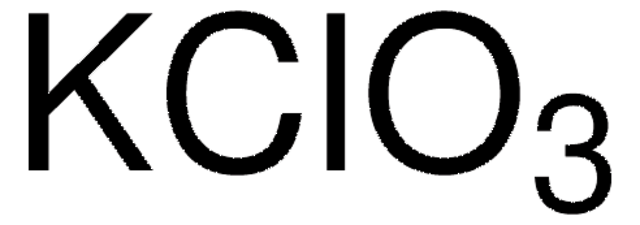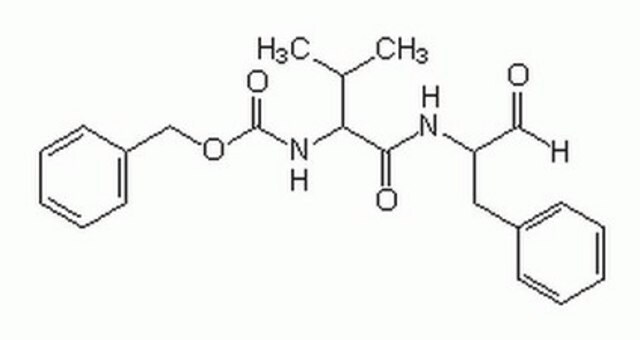About This Item
Recommended Products
grade
ACS reagent
Quality Level
Agency
suitable for EPA 300
Assay
≥99.0%
form
powder or crystals
impurities
≤0.001% N compounds
≤0.005% insolubles
mp
248-261 °C (lit.)
solubility
water: soluble
anion traces
bromate (BrO3-): ≤0.015%
chloride (Cl-): ≤0.005%
sulfate (SO42-): ≤0.001%
cation traces
Ca: ≤0.005%
Fe: ≤5 ppm
K: ≤0.01%
Mg: ≤0.002%
heavy metals (as Pb): ≤0.001%
SMILES string
[Na+].[O-]Cl(=O)=O
InChI
1S/ClHO3.Na/c2-1(3)4;/h(H,2,3,4);/q;+1/p-1
InChI key
YZHUMGUJCQRKBT-UHFFFAOYSA-M
Looking for similar products? Visit Product Comparison Guide
Related Categories
General description
Application
Biochem/physiol Actions
Signal Word
Danger
Hazard Statements
Precautionary Statements
Hazard Classifications
Acute Tox. 4 Oral - Aquatic Chronic 2 - Ox. Sol. 1
Storage Class Code
5.1A - Strongly oxidizing hazardous materials
WGK
WGK 2
Flash Point(F)
Not applicable
Flash Point(C)
Not applicable
Choose from one of the most recent versions:
Already Own This Product?
Find documentation for the products that you have recently purchased in the Document Library.
Customers Also Viewed
Our team of scientists has experience in all areas of research including Life Science, Material Science, Chemical Synthesis, Chromatography, Analytical and many others.
Contact Technical Service











